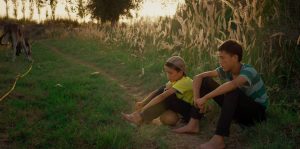
In recent years, China has given the world some remarkable films, and director Wang Lina’s directorial debut, A First Farewell, is the country’s most recent addition to its ascending cinematic wave. Wang pulls off a very difficult feat as her visuals are both poetic and anthropologically insightful. Even though the director specifically situates us in an Uyghur village in China, with a narrative told mostly in the Uyghur language, A First Farewell is reminiscent of and belongs in the company of great Iranian films such as The Color of Paradise and Taste of Cherry.
Two of the village’s young children, Isa (Isa Yasan) and Kalbinur (Kalbinur Rahmati), act as focal points for the social phenomena pulling the community in opposite directions. They encounter examples throughout the village of the pull to assimilate on one end and responsibility toward tradition on the other. Early in the film, Isa overhears a young man telling his father: “You can’t even imagine how big the world is. There are so many skyscrapers and elevated highways, and even buildings made of glass. Dad, I want to go to the city.” The father answers in a harsh tone: “No. Who’d take care of us?”
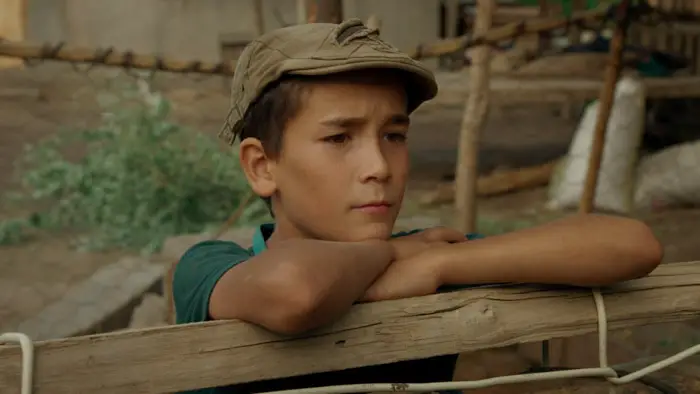
“…struggles with the decision of continuing to take care of Isa’s mother…or putting her in a government nursing home.”
Isa feels these competing pulls directly. He has the typical experiences of childhood — goofing around with his friends, being part of a soccer team, and reciting lessons in what is essentially a foreign language: Mandarin. He, however, also feels pressured by duty to take care of his family’s sheep and his infirm mother. A poignant scene shows the boy turning down soccer practice because he must tend to his mother. Isa’s father is likewise pulled in different directions. He struggles with the decision of continuing to take care of Isa’s mother, who is getting worse by the day, or putting her in a government nursing home. The decision is so delicate that he asks for the opinion of his extended family.
Kalbinur and her family are even more representative of the stresses facing the village’s way of life. While she practices Mandarin with her younger brother, her parents, who talk in Uyghur while picking cotton, argue about leaving the village. Her mother wants to relocate the family to Kuqa and enroll Kalbinur in a Mandarin-only school. She is aware that Mandarin is crucial to her daughter’s future success.
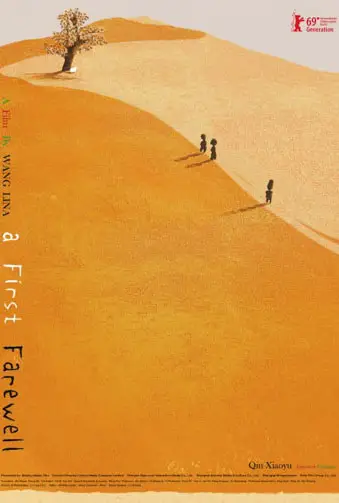
"…a culture in the midst of galloping change."

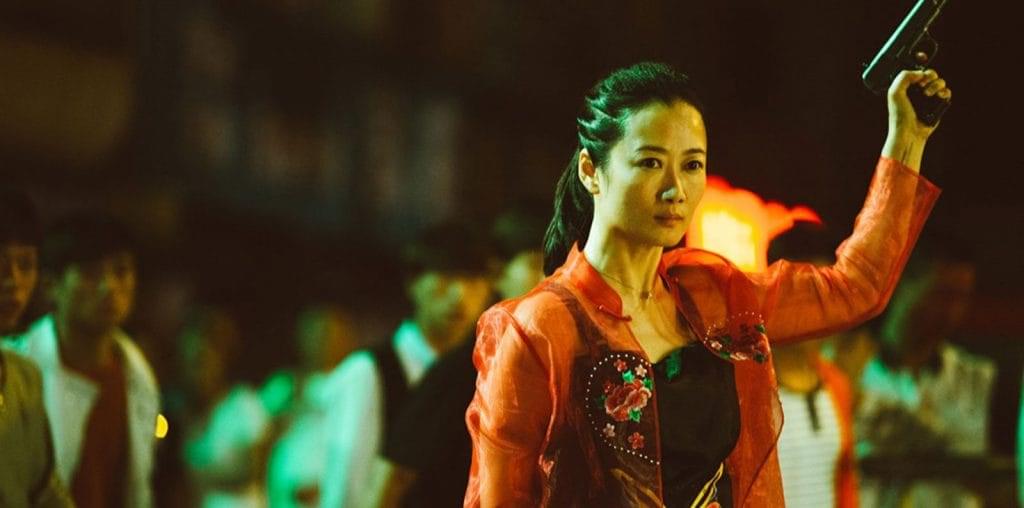
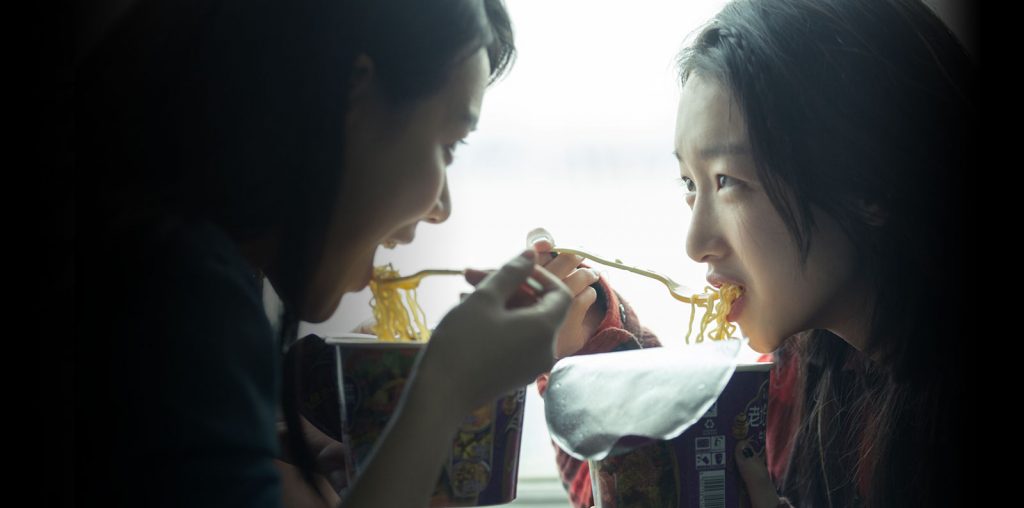
It seems the rounding up and “re-education” of Uyghurs, removal from their land, and small little things like organ harvesting, never entered this reviewer’s mind. If a movie is made in China, it’s state-approved. The reviewer ignores that fact. Tibet couldn’t be reached for comment.